
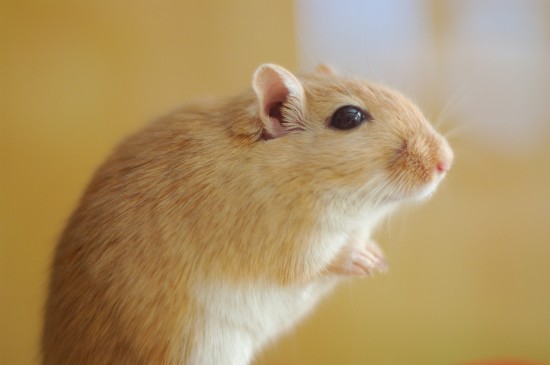
Gerbils are generally healthy animals overall, if you do everything you need to do to look after them it is unlikely you will ever have a sick gerbil. However, there are a number of illnesses and disease that gerbil owners should be aware of. Not just to help with noticing any problems, but with preventing and curing them effectively. If your gerbil does become ill and is not eating or drinking you should seek professional veterinarian advice.
Gerbils that are put under stressful situations are most at risk of respiratory infections. It is something that can become present in very young, or very old gerbils too. Symptoms include clicking noises while breathing, scruffy coats, and the gerbil hunching over in a corner of their cage. Gerbils are small animals and their health can deteriorate quickly if untreated.
You need to be careful what materials you use for the bedding too as some materials can cause breathing problems. Cedar and pine bedding are two of the bedding materials you should never use, they cause irritation and will lead to some breathing problems.
The scent gland is a hairless, skin coloured oval patch of skin found in the central abdominal area of gerbils. Males have slightly larger scent glands and use it more often, usually to mark their territory with their scent. Scent gland tumours are common place on elderly gerbils, more often in males but occasionally females too.
When tumours are starting they usually start off looking like a rough, scabby spot on the scent gland. It will irritate the gerbil and be sore to touch, often resulting in the gerbil scratching and trying to bite it off. This will often lead to further problems like infections and inflammation.
Tumours can be both aggressively quick growing, or slow, often developing over months. If you want to ensure your gerbil will live you need to have the tumour removed. This is done via a routine operation available from most veterinarian practices. The procedure has a very high success rate, and your gerbil should recover in a short amount of time.
A gerbil will shed the skin off its tail if it is pulled, trapped, or damaged in a fight. Contrary to what people believe, it is only the skin and fur that comes off the tail. The bone and muscles will stay attached to the gerbil, they will dry out and fall off too within a few weeks though.
It is very important that you never attempt to pick up a gerbil by its tail, not even holding the base – there is a serious risk of the tail coming off in your hand.
Another condition that affects mostly elderly gerbils is strokes. A stroke will result in paralysis of some type, most often resulting in the gerbil being paralysed down one side. In most cases a series of strokes will follow after the first, and the gerbil will not live long. Sometimes however it is an isolated incident and there will never be another stroke.
A condition that is found in younger gerbils is seizures. Seizures are usually triggered as a result of some form of shock. Like being placed in a new environment that is causing stress, or being overexcited. These seizures are rarely fatal and you will usually become aware of the condition when your gerbil suddenly goes limp. Leave your gerbil alone for a few minutes and it should be back to normal. In more extreme cases gerbils can freeze and twitch when startled or stressed in any way.
Owners often notice their gerbil has a red nose and there are a few potential reasons for this. The most common assumption is that they have been fighting, but this is not often the case unless you see some other physical damage like scratching or biting around the tail area.
It is often blood caused by an allergy, if you are using pine or cedar bedding then you should switch this to aspen or corncob bedding. Gerbils can also irritate their nose pressing it against the cage bars while they chew on them. If this does not stop you will need to swap them into a glass tank.
Mites have a habit of finding their way into a gerbil cage, usually after gerbils come into contact with a new gerbil or other pets carrying them. You can tell if your gerbils have mites by taking a close look at their bodies for specks of blood, or loose dust.
They are not too difficult to eradicate, there are some mite and flea sprays available from vets offices. You’ll need to thoroughly clean the entire cage and replace all of the bedding, then spray your gerbils are directed by the product instructions. It may take more than one application but the mites will die off.
You are responsible for proving your gerbils the food they eat, so it is your responsibility to make sure they are eating healthy. If you give them foods that are not suitable for gerbils like rotten food, or too many vegetables, your gerbil can have diarrhoea.
Prolonged bouts of diarrhoea will have a big impact on their health, if it is not resolved by changing their diet you will need to seek advice from a vet.
Like a lot of rodents, gerbils’ teeth are continually growing throughout their lives. For this reason it is important they have something to gnaw on to keep their teeth trimmed. If there is nothing suitable for them to gnaw on their teeth will continue to grow and end up causing some painful conditions.
If you notice your gerbil struggling to eat, or you can see there is some discomfort, you might need to get their teeth clipped at the vets. This sometimes becomes necessary as the gerbil gets older as gerbils start to chew less and their teeth will be longer. Keep an eye on how they are eating, if you see that the teeth are causing any problems you’ll need to take a trip to the vet.
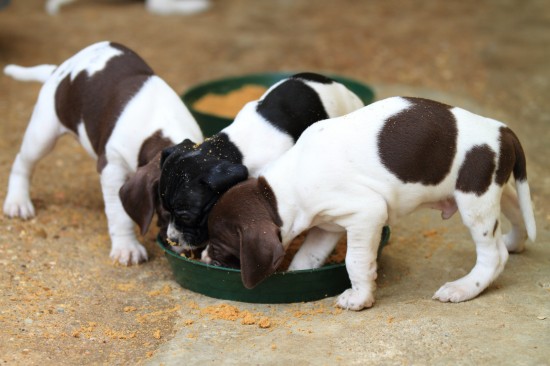 Guidelines To Feeding Your Puppy
Guidelines To Fee
Guidelines To Feeding Your Puppy
Guidelines To Fee
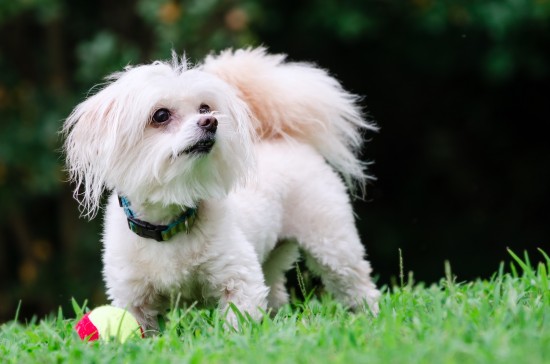 Temperament And Traits Of The Maltipoo Puppy
Temperament And T
Temperament And Traits Of The Maltipoo Puppy
Temperament And T
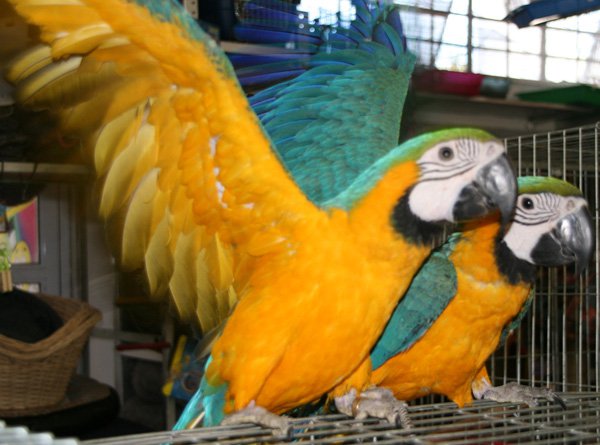 Wooden Pet Urns- A Perfect Memorial
Wooden Pet Urns- A Perfect Memorial
The Array
Wooden Pet Urns- A Perfect Memorial
Wooden Pet Urns- A Perfect Memorial
The Array
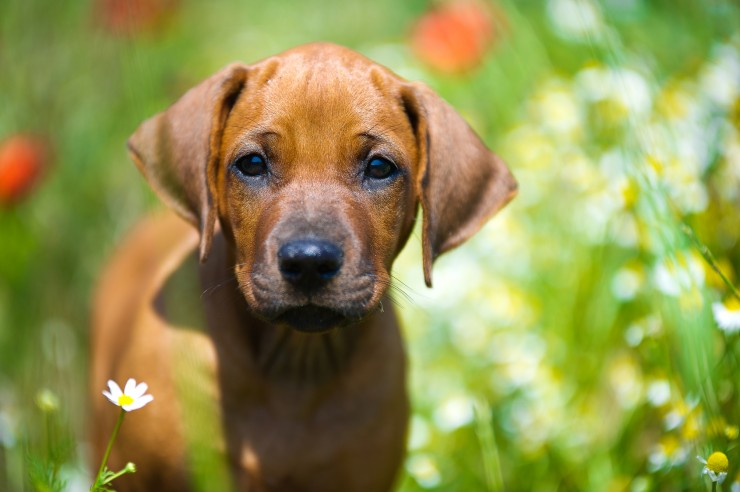 Why Is My Puppy Sneezing ?
Why Is My Puppy S
Why Is My Puppy Sneezing ?
Why Is My Puppy S
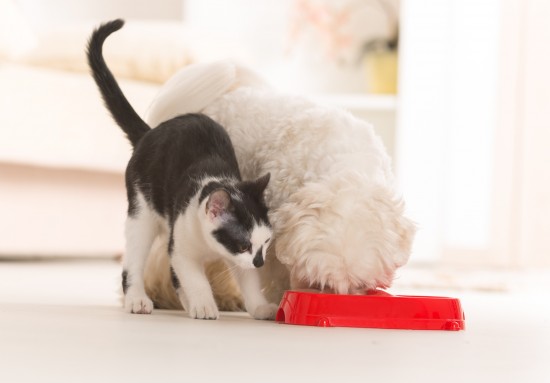 Dogs That Eat Cat Food - Is This Really A Problem?
Dogs That Eat Cat
Dogs That Eat Cat Food - Is This Really A Problem?
Dogs That Eat Cat
Copyright © 2005-2016 Pet Information All Rights Reserved
Contact us: www162date@outlook.com